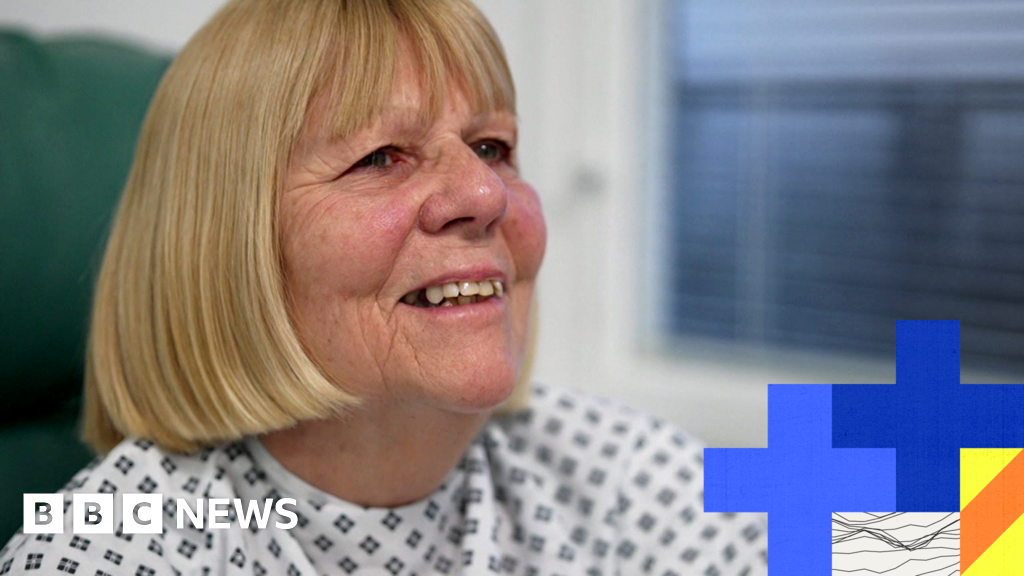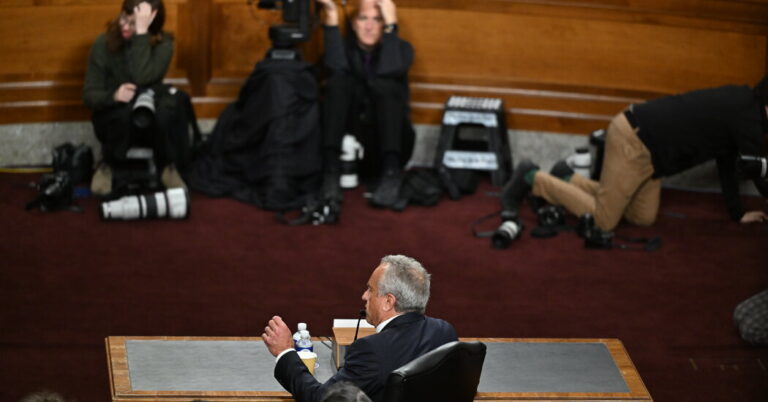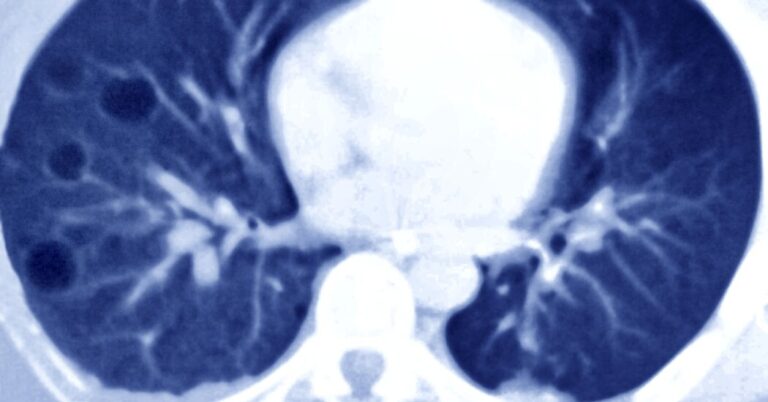The BBC has been reporting live from the Royal Free Hospital in London to illustrate the pressures facing the health service this winter. By 10am the A&E unit was full and within hours the hospital had to declare it had reached alert level four, signifying to NHS central command it was under huge strain.
Some patients had to be treated in corridors and patients needing to be admitted were sent to wait outside wards on trolleys and chairs to free up space in A&E. Staff told the BBC they were just about coping – although they never had to take the ultimate step of diverting ambulances to nearby hospitals.
This, though, is not unusual. Hospitals up-and-down the country have found themselves in this position regularly this winter. But beyond the busy, stressed A&E unit, there were plenty of other stories to tell.
Staff feel system working against them
Frailty consultant Dr Martin Glasser looks after a 32-bed ward. It was packed when the BBC visited – not one bed was empty. But he said close to half of the patients did not need to be there. “The patients could be out either in a care home, or at home with care if the services they needed were available,” he said. “It makes us feel really demoralised actually. We’re trying our very best in a system that often feels like it’s failing and working against us.”
Patients in their 30s having heart attacks
As one of London’s eight specialist heart attack centres, the Royal Free gets patients from across the north of the capital. Most patients they see are in their 50s, 60s and 70s, but sometimes they will get people in their 30s brought in by paramedics, says senior charge nurse Rui Tinoco. “It is quite shocking to see people that young,” he says.
Ageing equipment worsens waits
The Royal Free has two radiotherapy machines to help treat cancer patients. Both are nearly a decade old, which is the upper limit of how long they should be used for. Radiotherapy service manager Clare Hartill says: “We need new machines. Old machines are 50% less efficient – so with new machines we could treat more people and then they would wait less time for their cancer treatment.”
Operation backlog could take 10 years to clear
The government has pledged the NHS will be back to hitting its 18-week target for routine treatments by the end of this parliament. But doctors here reckon it will take at least twice as long.
One consultant surgeon told the BBC it would take “at least a decade” to clear. This is telling. The Royal Free has managed to increase the number of operations it carries out by 18% over the past year.
Amazing things do happen
Margaret Georgiou, 72, went to see her GP in early December suffering from bloating and jaundice. She was referred to a specialist and pancreatic cancer was diagnosed. The majority of cases – around 85% – cannot be treated. But doctors think Margaret’s cancer had been caught early so she underwent what is called a Whipple procedure three days ago. She had half her pancreas, bile duct and gall bladder removed, along with part of her gut and stomach. Mid-operation they had to pause after a lesion was found on her liver – but after a quick examination it was found to be benign and the surgery could continue.
Source link




